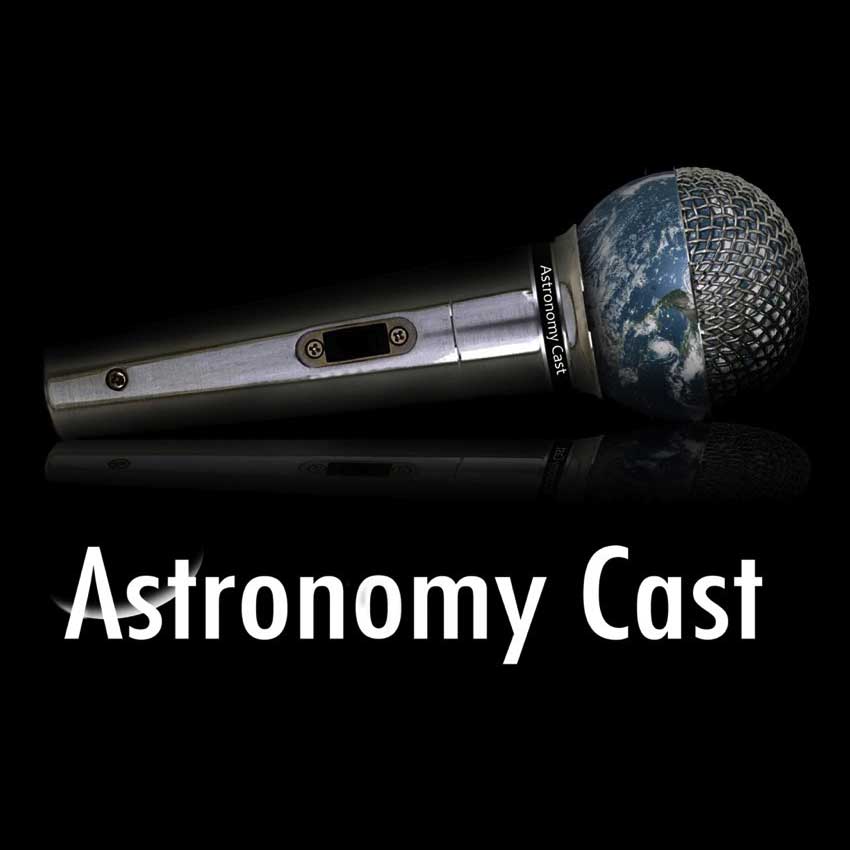The night sky isn’t still. It’s full of brief, brilliant flashes called transient objects. In this episode we explain what they are, why they matter, and how you can help chase them!


The night sky isn’t still. It’s full of brief, brilliant flashes called transient objects. In this episode we explain what they are, why they matter, and how you can help chase them!

In a recent study, astronomers found that even tiny black holes have immense power to shape their part of the galaxy. Far more than previously thought.

With a bit of luck & a lot of time on different telescopes, researchers managed to capture SgrA*, consuming matter at a faster rate than usual

There are stellar-mass and supermassive black holes. But very little evidence of anything in between. Where are all the intermediate-mass black holes that should be the building blocks of the biggest ones?

How do we explain the giant black holes appearing in the young universe? Is it possible to directly collapse a black hole, skipping the formation of stars? What does ultraviolet radiation have to do with this?

Join us on today’s podcast at #365DaysOfAstro as NOIRLab discuss about the discovery of LID-568, a black hole that is feeding at 40 times the theoretical limit.

How do black holes get close enough to merge? What causes them to emit gravitational waves, and where do the waves come from?

Join us today as we deep dive into Hera and Clippers journey to look at other worlds, also news from black holes.


Just how useful are humans in space? What is the death zone radius of a black hole merger? More about staying alive with @CheapAstro at #365DaysOfAstro